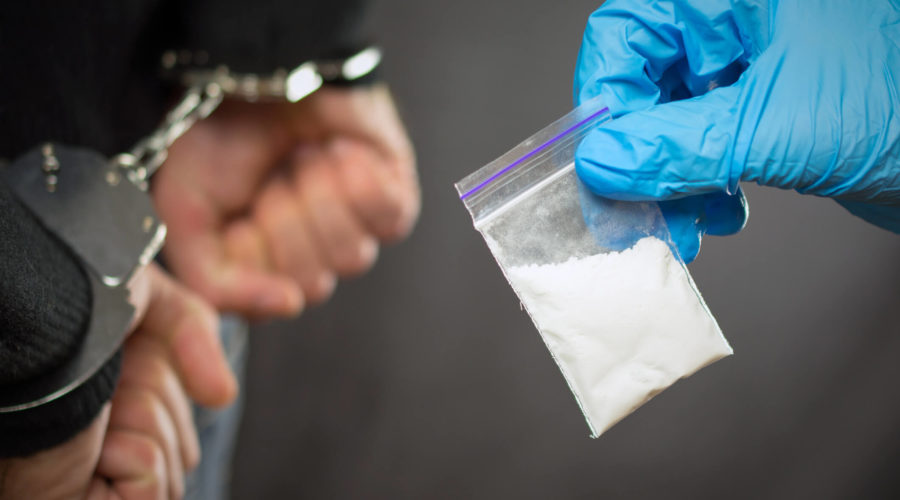In New York, it is against the law to possess illegal narcotics and regulated medications without a valid prescription. The sort of drug in question, the quantity of the drug, and any aggravating circumstances that may apply to their case will determine the potential consequences for those facing these charges.
If you have been accused of illegal drug possession, knowing the potential consequences of a conviction may help you choose the best form of defense strategy to employ with the help of an attorney. Make sure to click here to learn more.
Possession of a controlled substance is a crime.
Possession of a controlled substance can result in serious criminal charges. In New York, these are separated into seven degrees.
- Possession of any quantity of a controlled substance unlawfully is a 7th-degree (Class A misdemeanor) offense. One year in jail/probation and/or a fine of up to $1,000 are all possible punishments.
- Possession of a controlled substance intending to sell, 6th Degree (Class D felony). One to two and a half years in prison, probation, and/or a $5,000 fine are all possible punishments.
- Possession of a certain quantity of a restricted substance, such as 500 milligrams of cocaine, is a 5th-degree. One to two and a half years in prison, probation, and/or a $5,000 fine are all possible punishments.
- Possession of more banned substances, such as 1/8 oz of a narcotic drug, is a 4th Degree offense. One to five and a half years in jail, probation, and/or a fine of up to $15,000 are all possible punishments.
- Possession of even bigger quantities of restricted substances, such as 1/2 oz of a narcotic, is a 3rd Degree offense. A fine of up to $30,000 may also be imposed, and prison sentences of one to nine years.
- Possession of significant quantities of controlled substances, such as 4 oz. of a narcotic drug, is a 2nd Degree 3 to 10 years in prison and/or a fine of up to $50,000 are the possible penalties.
- Possession of extraordinarily large quantities of banned substances, such as 8 oz of a narcotic, is a 1st Degree offense. 8 to 20 years in prison and/or a fine of up to $100,000 are the possible penalties.
What punishments a person faces will also depend on several factors, such as any prior criminal history. It is advantageous to work closely with a knowledgeable legal expert about these issues because they can help you decide your options.






